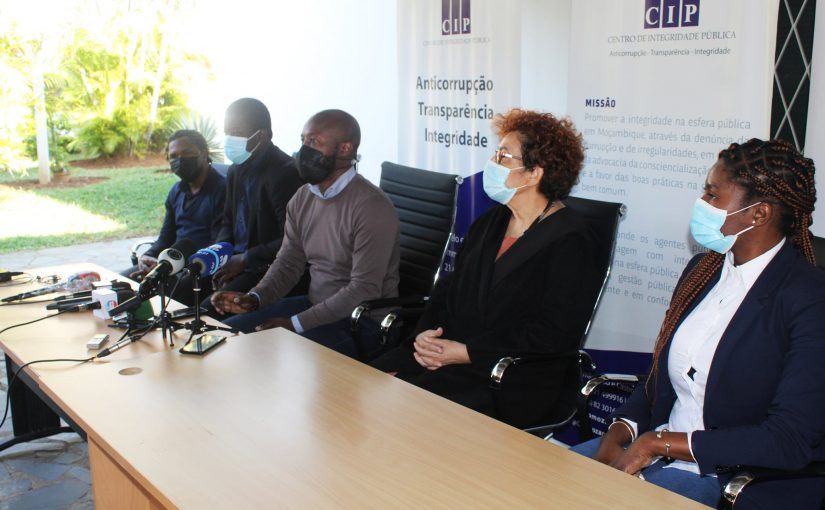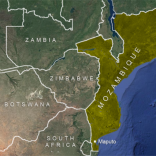Mozambique: India provides $1M in medicines, prosthetic limbs
Mozambique: CIP regrets commission’s failure to check thoroughly its sex abuse findings – AIM

Photo: CIP on Facebook
The anti-corruption NGO, the Centre for Public Integrity (CIP), on Friday regretted the failure by a commission of inquiry set up by the Ministry of Justice to verify in full CIP’s allegations that guards at the Maputo Special Penitentiary for Women (EPEMM), better known as the Ndlavela Women’s Prison, forced women inmates into prostitution.
Addressing a press conference in Maputo, CIP director Edson Cortez praised the work done by the CIP investigators, who in June exposed a clandestine racket operated by prison guards who forced women prisoners into prostitution and pocketed the proceeds.
The investigation, he said was of an outstanding quality, rarely seen in the Mozambican media in recent years.
But when CIP saw the report from the Commission of Inquiry “we felt as if there was a deliberate intention to divert the attention of the public,” said Cortez.
The Commission did not properly check the mobile phone numbers used in the racket, said Cortez, because it did not contact the Mozambique National Communications Institute (INCM). All mobile phone sim cards must be registered, and the INCM keeps the records. It should thus have been possible to check whether the numbers mentioned in the CIP investigation belonged to prison guards or not.
The Commission also did not discover who owned the vehicles used to transport the inmates because it did not contact the National Road Transport Institute (INATRO).
Also read: Mozambique: What the Ndlavela inmates told the commission of inquiry – Carta
Nonetheless CIP was pleased that the Commission had been set up and had published its findings in record time. This, CIP said, was “unprecedented in the history of governance in Mozambique, where the results of commissions of inquiry are rarely presented to the public”.
Furthermore, the Commission’s findings corroborated much of the CIP investigation. 55 per cent of the inmates interviewed by the Commission confirmed sexual abuse of inmates by men whom the guards brought in from outside.
The main difference between the Commission’s report and the CIP investigation was that CIP found the abuse occurred outside the prison in a nearby pension, while the Commission concluded it took place within the prison walls.
15 per cent of those interviewed by the commission said that, on some occasions, the guards themselves, plus outside men, with the connivance of some of the prison management, sexually abused the inmates.
In some cases, prison staff demanded sex in exchange for food, drugs or better treatment. When the inmates refused to go along with the guards’ demands, they suffered humiliation and reprisals such as severe and inhuman punishments.
Much of the Commission’s report supports, rather than contradicts, CIP’s findings. CIP therefore demands that those who sexually exploited the inmates, or who facilitated the exploitation, should be held responsible for their actions, as should those who failed in their duty to protect the prisoners against violation of their rights.
Also read: Mozambique: Commission of inquiry confirms sexual abuse at women’s prison – Watch
CIP regrets that the Commission was unable to identify the individual guards involved in the abuse – but this may have been because the Commission’s powers were limited. It did not, for instance, have access to the phone records of the guards who negotiated with the CIP investigators who were pretending to be potential clients of the prostitution ring.
The Public Prosecutor’s Office has already initiated criminal proceedings, and CIP hopes this will lead to a more exhaustive investigation of the racket, identifying all those involved.
Posicionamento Institucional aos Resultados da Comissão de Inquérito Sobre Exploração Sexual de Reclusas no Estabelecimento Especial Feminino De Ndlavelahttps://t.co/0l4MMbw5df
— CIP-Mozambique (@CIPMoz) July 9, 2021













Leave a Reply
Be the First to Comment!
You must be logged in to post a comment.
You must be logged in to post a comment.